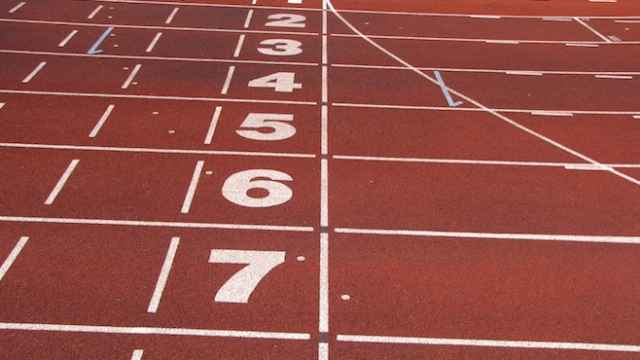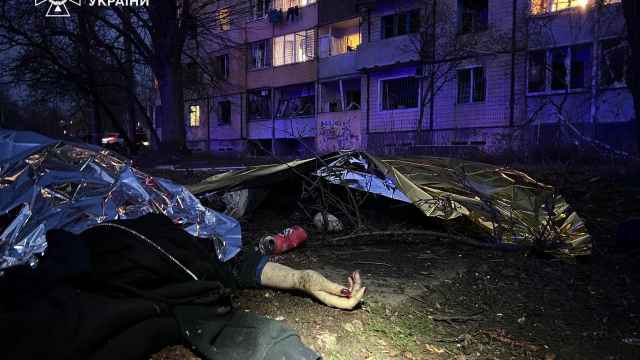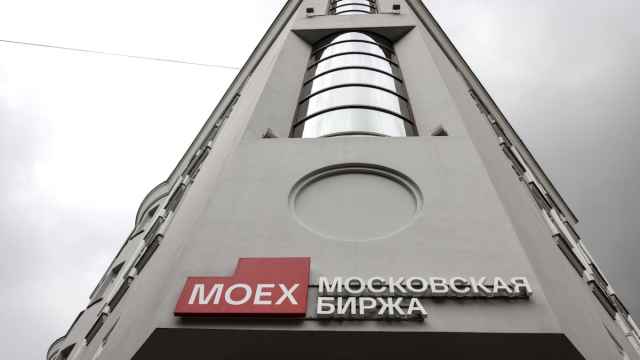Five Russian race walkers, including three Olympic gold medalists, were banned by the Russian Anti-Doping Agency on Tuesday.
Bans of three years and two months were handed to Olympic champion Sergei Kirdyapkin and Olga Kaniskina, as well as 2011 world champion Sergei Bakulin. All three doping cases backdated to late 2012.
The dates mean Kirdyapkin will be eligible to defend his men's 50-kilometer title at the 2016 Olympics.
Valery Borchin, an Olympic gold medalist in 2008, was banned for eight years from October 2012 for a second doping offense, while Vladimir Kanaikin was banned for life for a repeat offense.
The bans do not affect any Olympic medals, although five world championship gold medals and a silver medal from 2009 and 2011 may be re-awarded.
The world championship results affected are Kaniskina's 20-kilometer wins from 2009 and 2011, Borchin's 20-kilometer wins in 2009 and 2011, and Kirdyapkin's win in the 50-kilometers in 2009. In addition, Kanaikin could lose his 20-kilometer silver medal from 2011.
All five athletes' bans are based on the findings from their biological passports, which track anomalous blood values over long periods of time.
As well as their bans from late 2012, each of them has had results annulled for select periods of preceding years.
Those periods do not include the 2012 Olympics for any of the five athletes except for Borchin, who did not finish his only race at the London Games, the men's 20-kilometer.
In the case of Kirdyapkin, who won the men's 50-kilometer, his ban is written to allow his 2012 results from June 12 to Oct. 14 to stand, in between periods in which other results have been annulled.
The Russian Anti-Doping Agency general director Ramil Khabriyev said in a statement that the periods of the annulled results were chosen for purely scientific reasons.
"Having analyzed the profiles of the athletes' blood, taking into account the opinion of leading invited hematology experts, a decision was taken on the annulment of results for those periods when abnormal results were detected," he said.
The five athletes had all been suspended since late 2012 with no public announcement until the International Association of Athletics Federations (IAAF) confirmed that situation this week.
Khabriyev said the delay was because the IAAF passed the cases to the Russian athletics federation for adjudication, but he said the federation lacked the resources to deal with "the specificity of biological passport cases."
Khabriyev said processing of the cases resumed only this summer after the agency started to investigate the Russian race walking training center for multiple doping violations. During the course of that investigation, he said the agency obtained the biological passport data and began its own analysis.
The Russian athletics federation and the national anti-doping agency both faced accusations of misconduct in a documentary broadcast last month by German TV channel ARD.
The federation was accused of operating a systematic doping program, while agency employees were accused of covering up positive tests by leading athletes.
In a statement on Tuesday, Sports Minister Vitaly Mutko criticized the federation, which he said had allowed a situation to develop which "goes against our state anti-doping policy, which we have done very much to propagate."
Mutko said he could not intervene directly but called on the federation to consider "staffing and structural changes in the national team."
A Message from The Moscow Times:
Dear readers,
We are facing unprecedented challenges. Russia's Prosecutor General's Office has designated The Moscow Times as an "undesirable" organization, criminalizing our work and putting our staff at risk of prosecution. This follows our earlier unjust labeling as a "foreign agent."
These actions are direct attempts to silence independent journalism in Russia. The authorities claim our work "discredits the decisions of the Russian leadership." We see things differently: we strive to provide accurate, unbiased reporting on Russia.
We, the journalists of The Moscow Times, refuse to be silenced. But to continue our work, we need your help.
Your support, no matter how small, makes a world of difference. If you can, please support us monthly starting from just $2. It's quick to set up, and every contribution makes a significant impact.
By supporting The Moscow Times, you're defending open, independent journalism in the face of repression. Thank you for standing with us.
Remind me later.





